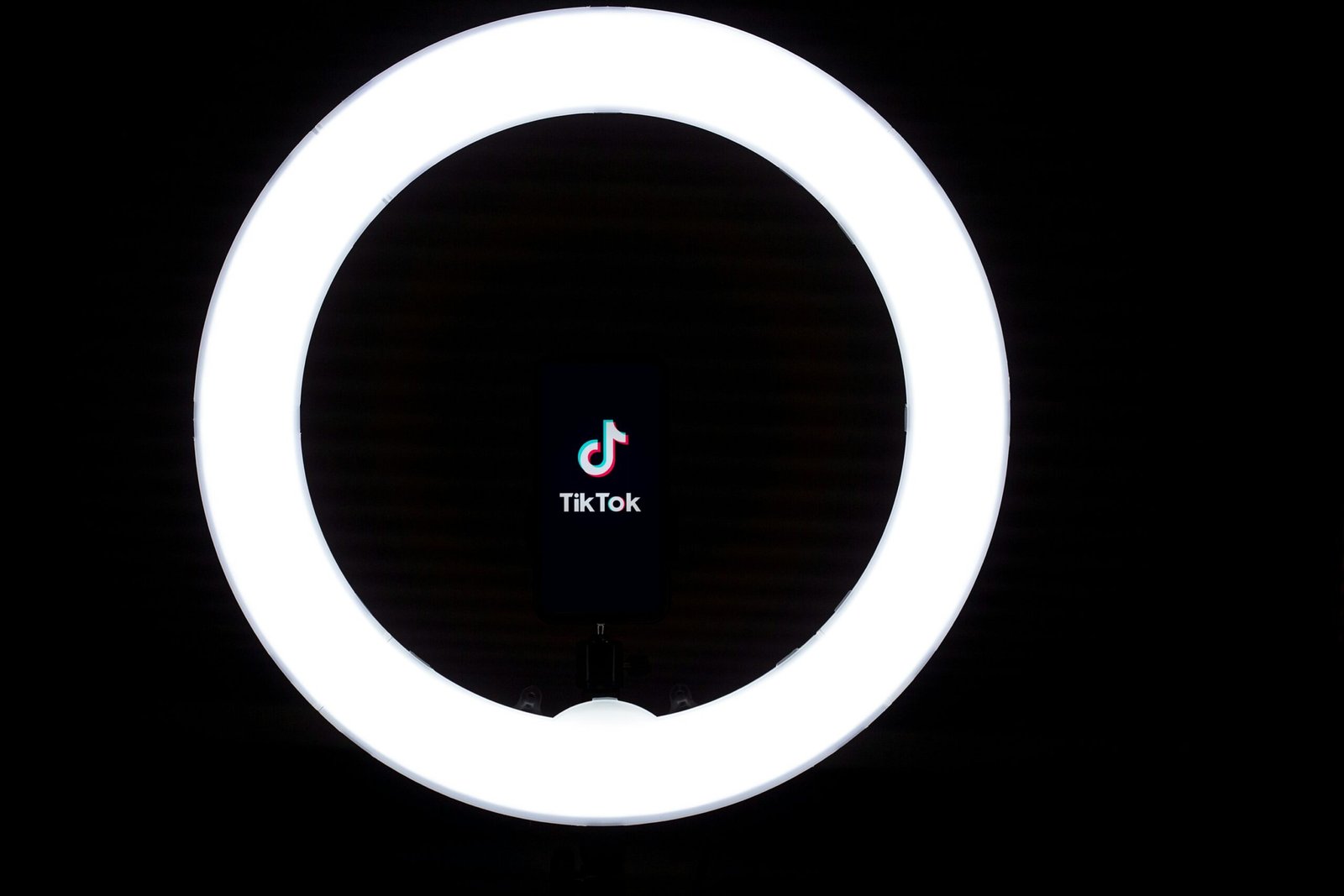Understanding D3 Baseball
Division 3 (D3) baseball is an integral part of the National Collegiate Athletic Association (NCAA) landscape, focusing on a holistic approach to education and athletics. Unlike its Division I and Division II counterparts, D3 places significant emphasis on the student-athlete’s academic pursuits rather than solely on athletic performance. This commitment to academics is a defining characteristic of D3 programs that shapes the experience of its athletes.
Within the structure of collegiate athletics, D3 baseball includes a diverse array of institutions that prioritize a balance between sports and education. While the level of competition can vary widely among D3 schools, athletes often showcase talent that can compete effectively at higher levels within the collegiate system. However, it is essential to recognize that D3 baseball does not offer athletic scholarships, which differentiates it from other NCAA divisions. Instead, student-athletes at this level are encouraged to seek financial aid through academic scholarships, need-based aid, or merit grants, fostering an environment where athletic engagement complements educational attainment.
The competition level in Division 3 is robust, often attracting skilled players who might opt not to play at more demanding divisions due to various factors such as academic commitments or personal preferences. Athletes in D3 are typically motivated by a genuine passion for the game alongside a strong desire to excel academically. As a result, the athletes develop a unique camaraderie, uniting them in their dedication to both their studies and their sport.
Overall, understanding the intricacies of D3 baseball is vital for prospective student-athletes. A thorough comprehension of its structure, the competitive environment, and the integration of academics and athletics ensures that athletes make informed choices as they navigate their collegiate experience.
The Recruitment Process Explained
The recruitment process for Division 3 (D3) baseball can be intricate and requires careful navigation. Understanding the timeline and approach can significantly enhance a player’s chances of being recruited. It is advisable for athletes to begin connecting with coaches during their junior year of high school. This proactive approach allows players to express their interest in the program and begin building relationships with potential mentors. Initial communication can take the form of emails or phone calls, where players should provide information about their playing experience, statistics, and any relevant video footage.
The recruitment timeline typically unfolds over several key phases. After a player makes contact, coaches may respond and begin evaluating them based on their performance in games and showcases. Athletes should participate in events such as summer leagues, camps, and tournaments to increase visibility. These opportunities not only showcase talent but also provide personal interaction with coaches, enhancing the recruitment process. D3 coaches often prioritize players who demonstrate not only athletic skills but also a strong academic background, as academic performance is a critical component in Division 3 institutions.
Moreover, prospective players should understand the common attributes that coaches look for. Coaches tend to seek well-rounded individuals who exhibit strong work ethics, teamwork, and a commitment to improving their skills. Athletic talent alone is not sufficient; players must also display leadership qualities and the ability to adapt to challenges both on and off the field. Coaches are looking for players who will contribute positively to their teams and embody the values of the program.
Building a rapport with coaches, actively participating in the baseball community, and demonstrating personal and athletic growth are essential elements in the recruitment process for D3 baseball. By focusing on these aspects and understanding the timelines involved, players can effectively position themselves for opportunities in Division 3 baseball.
Building Your Baseball Skills
To enhance your prospects of being recruited for Division 3 (D3) baseball, it is crucial to dedicate time and effort to developing your baseball skills. Coaches at this level actively seek players who demonstrate not only talent but also proficiency in various aspects of the game. Therefore, consistent practice is key to standing out among other prospects. This entails regular training sessions focusing on specific skill sets such as pitching, hitting, fielding, and base running.
Participating in organized showcases can significantly increase your visibility to college coaches. These events allow you to demonstrate your skills in front of scouts and recruiters, providing an excellent opportunity to make a lasting impression. To make the most of such showcases, it is advisable to prepare in advance by refining your techniques and ensuring you are in peak physical condition. This preparation will showcase your readiness and commitment to the sport.
Alongside showcases, attending baseball camps can further enhance your recruitment journey. These camps often offer specialized training and provide participants with the chance to receive direct feedback from experienced coaches. Engaging with college-level coaching can help identify areas for improvement and refine your performance, making you a more appealing candidate for recruitment.
Game experience is also vital in building your baseball skills. Competing in high school or travel leagues exposes you to various levels of competition, allowing you to adapt your game and implement what you learn during training and camps. Regular participation in games not only improves individual performance but also demonstrates your commitment to baseball, an important trait that recruiters value.
In conclusion, dedicating yourself to skill development through training, showcases, camps, and competitive play is essential to stand out in the D3 recruitment process. A well-rounded player who consistently seeks improvement is more likely to capture the attention of college coaches.
Creating a Player Profile and Highlight Reel
When pursuing recruitment for Division 3 (D3) baseball, creating a well-crafted player profile and highlight reel is essential. These tools serve as a first impression for potential coaches and provide an overview of your skills, accomplishments, and experience. To construct an effective player profile, start by including fundamental information such as your name, contact details, position(s) played, height, weight, and graduation year. It is also beneficial to add your statistics, including batting averages, earned run averages, on-base percentages, and any other relevant metrics that highlight your performance. Additionally, consider including a brief personal statement that outlines your dedication to the sport and aspirations in baseball.
The highlight reel is equally important, as it visually demonstrates your abilities. Aim for a duration of 3 to 5 minutes, showcasing a mix of gameplay footage that highlights your strengths, such as hitting, fielding, pitching, and base running. When filming, use a tripod or stable surface to ensure clear visuals. If possible, use a high-definition camera to enhance the quality of the footage. Editing software can help you compile the best clips, but ensure the transitions are smooth, and maintain a focus on your skills without excessive distractions from the gameplay.
Finally, accessibility plays a crucial role in ensuring that coaches can view your profile and highlight reel easily. Consider using platforms like YouTube or Vimeo to host your video, and include a link in your online player profile or email correspondence with coaches. Additionally, multiple social media platforms can be utilized effectively to increase your visibility. By methodically constructing your player profile and highlight reel, you can present yourself in a professional manner that increases your chances of being recruited for D3 baseball.
Finding the Right Fit: Researching Colleges
Choosing the right college for Division 3 baseball recruitment involves thorough research to ensure that the institution aligns with both athletic aspirations and academic pursuits. When exploring potential colleges, one must start by evaluating the academic programs offered. Each student-athlete should prioritize schools that provide strong programs in their desired major, as this will contribute to a balanced collegiate experience. Investigating faculty credentials, available resources, and internship opportunities can help gauge the quality of the academic environment.
Campus culture and community play a pivotal role in integrating athletes into the broader student body. It is essential to consider the overall atmosphere of the campus, including student organizations, support services, and the social environment. Identifying colleges where one can envision themselves thriving outside of sports will contribute to a holistic college experience. Additionally, prospective recruits should assess the school’s location and its proximity to home, urban amenities, and recreational opportunities, as these elements affect their overall satisfaction.
Understanding the coach’s philosophy and the team style is crucial for a successful match. Aspiring Division 3 players should research coaching styles and communicate with coaches to learn about their expectations and how they integrate players within their programs. Visiting campuses, attending games, and interacting with current team members can provide insight into team dynamics and the potential for personal growth within the program.
Ultimately, finding the right fit requires a balance between athletic commitments and academic goals. A well-rounded approach to researching colleges will ensure that recruits are well-equipped for the challenges that come with being a student-athlete at the Division 3 level.
Reaching Out to Coaches: Do’s and Don’ts
Effective communication with college coaches is a vital component of the recruitment process for Division 3 (D3) baseball. Understanding how to approach this sensitive interaction can significantly enhance your chances of being noticed. First, it is advisable to establish contact through email, which provides a clear and professional medium for your introduction. In your initial message, be concise and direct, including your name, contact information, and a brief summary of your playing experience and achievements. It is essential to demonstrate knowledge of the program and show genuine interest in becoming part of the team.
When reaching out, personalize your communication. Coaches appreciate receiving messages that reflect a thorough understanding of their program. Mention specific aspects of the team or school that attract you, such as the team’s philosophy, academic opportunities, or alumni successes. This tailored approach indicates to the coach that you have invested time in researching their program, making your outreach more compelling.
Additionally, include relevant statistics or highlight video links showcasing your skills and achievements in D3 baseball. Ensure that these resources are easily accessible and clearly labeled to avoid confusion. Follow-up emails can also be beneficial, but it is crucial to strike a balance; excessively bombarding coaches with messages can be perceived as pushy and may backfire. A good rule of thumb is to follow up every two to three weeks if you have not received a response.
Conversely, avoid being overly casual or informal, which can diminish your professionalism. Furthermore, do not inquire solely about scholarships or financial aid in your initial communication, as this can create an impression of entitlement rather than genuine interest. Finally, watch out for typographical errors and grammatical mistakes, as these can detract from your otherwise strong message. By adhering to these do’s and don’ts, you can enhance your outreach to D3 baseball coaches and position yourself favorably in the recruitment process.
Networking in the Baseball Community
Building a strong network within the baseball community is an essential aspect of the recruitment process for Division 3 (D3) baseball. Establishing connections with current players, coaches, and alumni can significantly enhance a player’s visibility and opportunities for recruitment. Each of these relationships plays a unique role in facilitating a player’s journey towards joining a D3 program.
To initiate networking, players should attend local baseball games and tournaments. Engaging with current players not only provides insights into their experiences but also creates avenues for recommendations. Players should express genuine interest in the game and seek advice from those in the community. Informational interviews can also be an effective strategy; reaching out to alumni who have progressed through the D3 baseball circuit can yield valuable tips and contacts that may prove beneficial in the recruitment process.
Coaches are another critical link in the networking chain. Players should strive to build relationships with their coaches, as they often have extensive networks that include contacts at various D3 institutions. Developing a rapport with high school coaches and club coaches can lead to introductions at college showcases or camps where D3 coaches are present. It is advisable to perform consistently and demonstrate dedication to the sport, as coaches are likely to recommend players they believe would fit well within D3 programs.
Moreover, leveraging social media platforms can enhance networking efforts. Platforms such as LinkedIn and Twitter can help players connect with coaches and programs directly. Engaging with D3 baseball teams through social media by sharing accomplishments and highlights can attract potential attention from college coaches. Networking serves as an invaluable tool, not only for making personal connections but also for facilitating recommendations and referrals that can significantly increase recruitment prospects in D3 baseball.
The Campus Visit: Maximizing Your Experience
A campus visit is a pivotal aspect of the recruitment process for Division 3 (D3) baseball players. It not only provides insight into the school’s environment but also allows prospective players to connect with coaches and current team members. To make the most of this invaluable opportunity, careful preparation is essential.
Prior to your visit, research the school and its baseball program thoroughly. Familiarize yourself with the team’s recent performance, coaching staff, and the institution’s academic offerings. Make a list of noteworthy facts that can facilitate conversations and demonstrate your genuine interest during your visit. Additionally, prepare a series of thoughtful questions tailored for coaches, players, and admissions representatives. Inquire about coaching philosophies, team dynamics, and academic support available to student-athletes. Understanding how the program aligns with your aspirations is crucial.
While on campus, take note of your surroundings and the overall atmosphere. Engage with prospective teammates to gauge their perspectives on the culture and expectations of the baseball program. Observe practice sessions to evaluate coaching styles and player interactions. This firsthand experience will help you assess whether the program is a good fit for your playing style and personality.
Moreover, ensure to evaluate the academic aspect of the institution. Ask about academic resources, such as tutoring services and study halls, to understand how the program supports student-athletes in balancing their commitments. Additionally, explore housing options and the overall campus facilities to gauge your potential living situation.
Ultimately, the campus visit serves not only as a chance to evaluate the baseball program but also to reflect on the school’s overall community. By adequately preparing and asking the right questions, you can maximize your campus visit and take a significant step toward your pursuit of playing D3 baseball.
Finalizing Your Commitment
Deciding to commit to a Division 3 baseball program is a significant milestone in an athlete’s journey. Once you have made your choice, it is vital to proceed with the necessary steps to officially formalize your commitment. This process typically begins with verbal confirmation to the coaching staff, followed by written communication to ensure that both parties are aligned on expectations and next steps.
After you’ve communicated your decision, it is essential to familiarize yourself with any paperwork required by the college. Different institutions may have various forms or requirements for prospective athletes, such as signing a National Letter of Intent or submitting specific health and academic documentation. Being proactive in completing these tasks will help facilitate a smooth transition to the program and demonstrate your dedication to your new team.
Maintaining a positive relationship with your coaches and teammates is crucial once you join the team. Open lines of communication are key; therefore, it is advisable to keep in touch with your coaches to ask any questions and discuss your progress. Show respect for their experience and insights, which can contribute to your growth as an athlete. Additionally, integrating well with your teammates fosters a collaborative environment where everyone can thrive. Engaging in team activities, supporting peers during practices, and displaying a committed work ethic reinforces your role as a valuable team member.
As you transition into a Division 3 baseball program, remember that the relationships formed during this time can have lasting impacts on your college experience. By taking the necessary steps to formalize your commitment and nurturing your connections, you set a foundation for success both on and off the field.




0 Comments